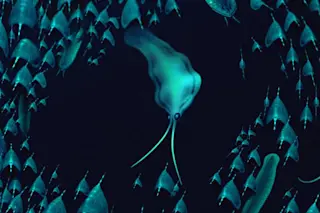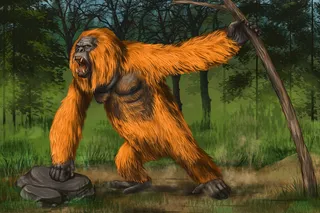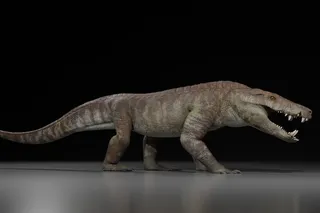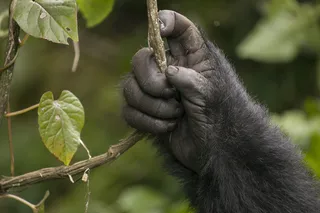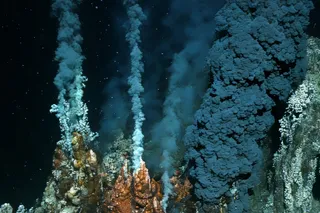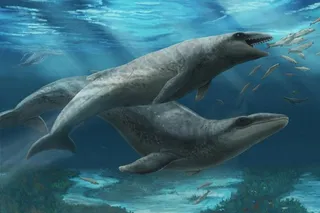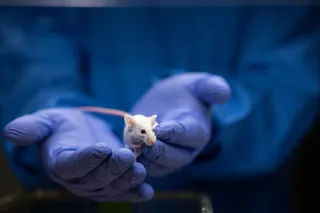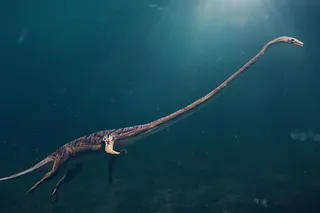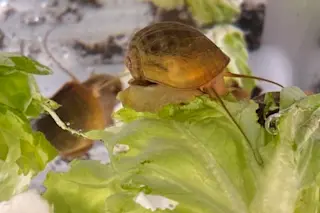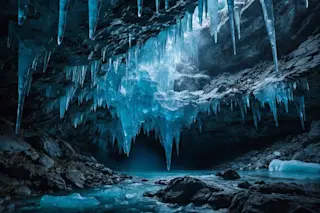You can’t always judge a book by its cover. That is a lesson scientists have recently learned about the nectocaridid — a 500-million-year-old marine creature that looked like a squid but turned out to be something completely unexpected.
For the past 15 years, nectocaridids were believed to belong to the cephalopod family due to their tentacles and particularly large, squid-like head. Now, thanks to a new study published in Science Advances, they have been placed in their rightful home as ancestors to another recently-discovered marine animal: the arrow worm.
The new classification of the nectocaridids as ancient arrow worms both clears up a confusing evolutionary picture while also complicating another one.
“Around 15 years ago a research paper, based on fossils from the famous Burgess Shale, claimed nectocaridids were cephalopods. It never really made sense to me, as the hypothesis would upend everything we otherwise know about cephalopods and their ...



